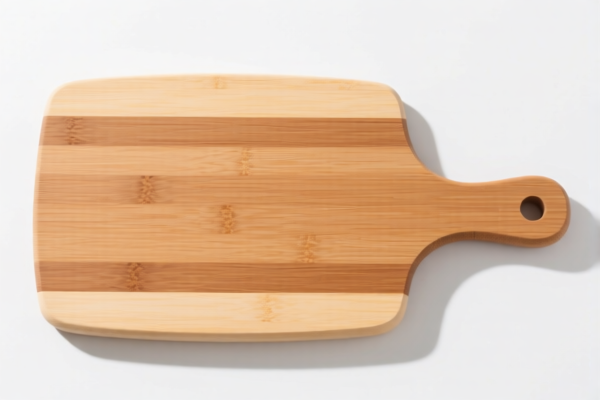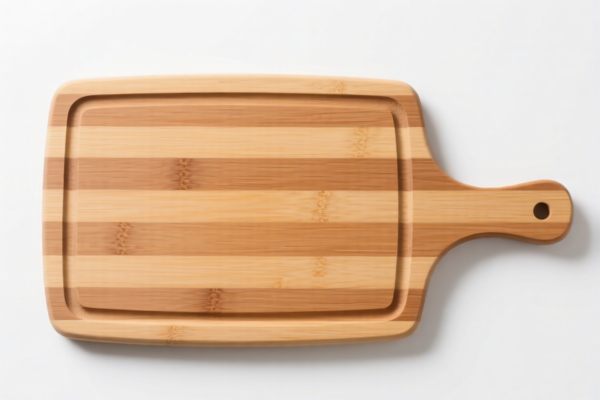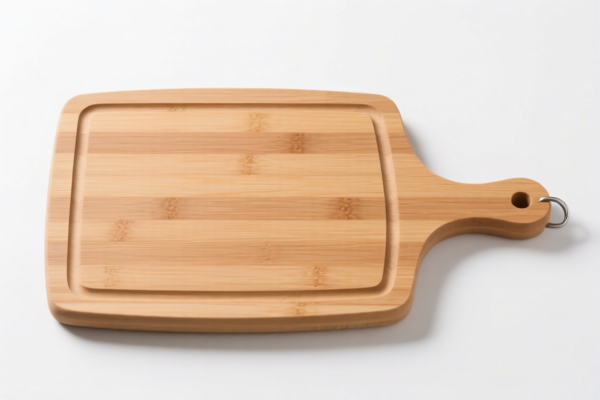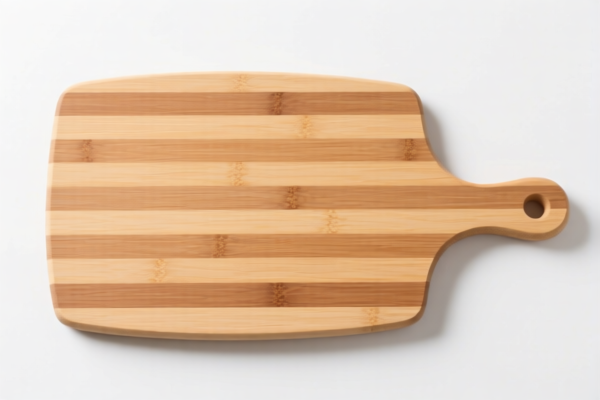| HS Code | Official Doc | Tariff Rate | Origin | Destination | Effective Date |
|---|---|---|---|---|---|
| 8211930035 | Doc | 3¢ each + 5.4%+55.0% | CN | US | 2025-05-12 |
| 3916905000 | Doc | 60.8% | CN | US | 2025-05-12 |




Declaration Item Analysis: CUTTING PEN
Here's a breakdown of the HS codes provided for your "CUTTING PEN" declaration, along with relevant customs information. We'll cover classification, tax rates, and important considerations.
Please note: Determining the correct HS code is crucial for accurate import/export. This analysis is based on the descriptions you've provided. If the actual product differs, the HS code and associated duties may change.
1. HS Code: 8211.93.00.35 – Knives with Cutting Blades (Other)
- Chapter 82: Tools, implements, cutlery, surgical instruments, and articles of personal hygiene. This chapter broadly covers hand tools and similar items.
- 8211: Knives with cutting blades, serrated or not (including pruning knives), and blades and other base metal parts thereof. This narrows down the category to knives specifically.
- 8211.93: Other knives (excluding those specifically mentioned in earlier subheadings). This indicates the knives aren't covered by more specific classifications within 8211.
- 8211.93.00.35: Specifically for pen knives, pocket knives, and other knives with folding blades. This is a very specific classification.
Tax Details:
- Basic Duty: 3¢ each + 5.4%
- Additional Tariff: 25.0% (currently)
- Post April 2, 2025: Additional Tariff increases to 30.0%
- Total Tax: 3¢ each + 5.4% + 55.0%
Important Considerations:
- Blade Material: The material of the blade is important. While this HS code covers various materials, specific blade materials might have different regulations.
- Folding Mechanism: Ensure the knife clearly has a folding blade. Fixed-blade knives would fall under a different HS code.
- Handle Material: The handle material doesn't directly affect this HS code, but could be relevant for other import regulations (e.g., restrictions on certain wood types).
- Valuation: The declared value (single price) is critical for duty calculation. Ensure it's accurate and reflects the true transaction value.
2. HS Code: 3916.90.50.00 – Monofilament/Rods/Sticks of Plastics (Other)
- Chapter 39: Plastics and articles thereof. This chapter covers all types of plastics and products made from them.
- 3916: Monofilament of which any cross-sectional dimension exceeds 1 mm, rods, sticks and profile shapes, whether or not surface-worked but not otherwise worked, of plastics. This specifies plastic shapes.
- 3916.90: Other. This indicates the plastic shapes aren't covered by more specific classifications within 3916.
- 3916.90.50.00: Specifically for other plastics.
Tax Details:
- Basic Duty: 5.8%
- Additional Tariff: 25.0% (currently)
- Post April 2, 2025: Additional Tariff increases to 30.0%
- Total Tax: 60.8%
Important Considerations:
- Plastic Type: The specific type of plastic is important. Different plastics may have different regulations.
- Dimensions: Ensure the cross-sectional dimension exceeds 1mm. If it's smaller, a different HS code would apply.
- Surface Treatment: Whether or not the plastic is surface-worked (e.g., painted, textured) doesn't affect this HS code.
- Intended Use: While not directly affecting the HS code, the intended use of the plastic shape might trigger other import requirements (e.g., food contact regulations).
Recommendations:
- Double-Check Product Specifications: Carefully review the exact specifications of your "CUTTING PEN" to ensure the chosen HS codes are the most accurate.
- Material Verification: Confirm the materials used in both the knife blade and the plastic components.
- Valuation Accuracy: Ensure the declared value is accurate and supported by documentation (invoice, purchase agreement).
- Consider Certification: Depending on the intended use and destination country, you may need to provide certifications (e.g., material safety data sheets, compliance certificates).
- Consult with a Customs Broker: For complex cases or high-value shipments, it's highly recommended to consult with a licensed customs broker in the destination country. They can provide expert guidance and ensure compliance with all applicable regulations.
Disclaimer: This information is for general guidance only and does not constitute professional customs advice. Regulations are subject to change, and it's your responsibility to ensure compliance with all applicable laws and regulations.
Customer Reviews
The page provided a clear explanation of the 5.4% and 55.0% tariffs for the knife HS code. The recommendations on double-checking product specs were really helpful for someone new to customs.
I needed to confirm the HS code for a plastic cutting pen and found 3916.90.50.00 with the 60.8% tariff. The section on plastic type and cross-sectional dimensions was exactly what I needed.
The page is informative, but I wish the images were clearer. The product is a cutting pen, but the photos look like cutting boards. Still, the HS code info was helpful.
I was confused about the difference between the two HS codes, but the chapter breakdowns helped me understand why both apply. The info on blade type and folding mechanism was spot-on.
The 3¢ each + 5.4% + 55.0% tariff breakdown for HS Code 8211.93.00.35 was crystal clear. I didn’t know the tax could be calculated that way. Very useful!